Hezbollah ‘not a spent force yet’
The Iran-backed militia are maintaining a strong public image in Lebanon but experts believe its ‘intimidation factor is gone’.
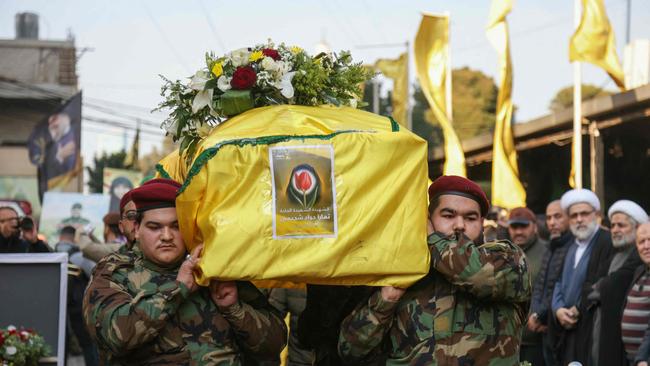
Every year on February 14, Saad Hariri visits Beirut to quietly commemorate the assassination of his father, Rafic Hariri. He visited the site near the St Georges Hotel on the Corniche, where a sculpture of a torch marks the spot where the former prime minister was killed in a 2005 truck bombing, and left without making a statement.
This February 14 will be different. In the space of a year, the region has been reshaped by a war with Israel that has severely weakened Hezbollah, the Iran-backed militia in Lebanon that was implicated in the assassination and has operated as a parallel state in the country ever since.
Bashar al-Assad, the Syrian dictator who ordered the assassination, was toppled in December and is now an exile in Moscow. Syria is no longer a conduit between Iran and Hezbollah, so rearming the militia will be difficult. Tehran’s influence has shrunk and it fears further strikes by Israel and the hostility of the new administration in the United States.
Lebanese politicians who have chafed under foreign diktats finally see an opening. Hariri, himself a former prime minister and an opponent of Iran and Hezbollah, will give a speech on this year’s anniversary that will suggest his return to politics, according to people familiar with his plans.
For the first time in years, Lebanon has a president, Joseph Aoun, after previous appointments were blocked by Hezbollah and its allies. The new prime minister, Nawaf Salam, is a competent jurist who led the International Court of Justice and has promised to create a non-partisan government.
Ibrahim Mneimneh, an independent member of parliament, said: “There are signs of change. It’s not just the war. It’s also the toppling of the Syrian regime and the withdrawal of the Iranian role. We are still seeing the beginning, but the direction is for change.”
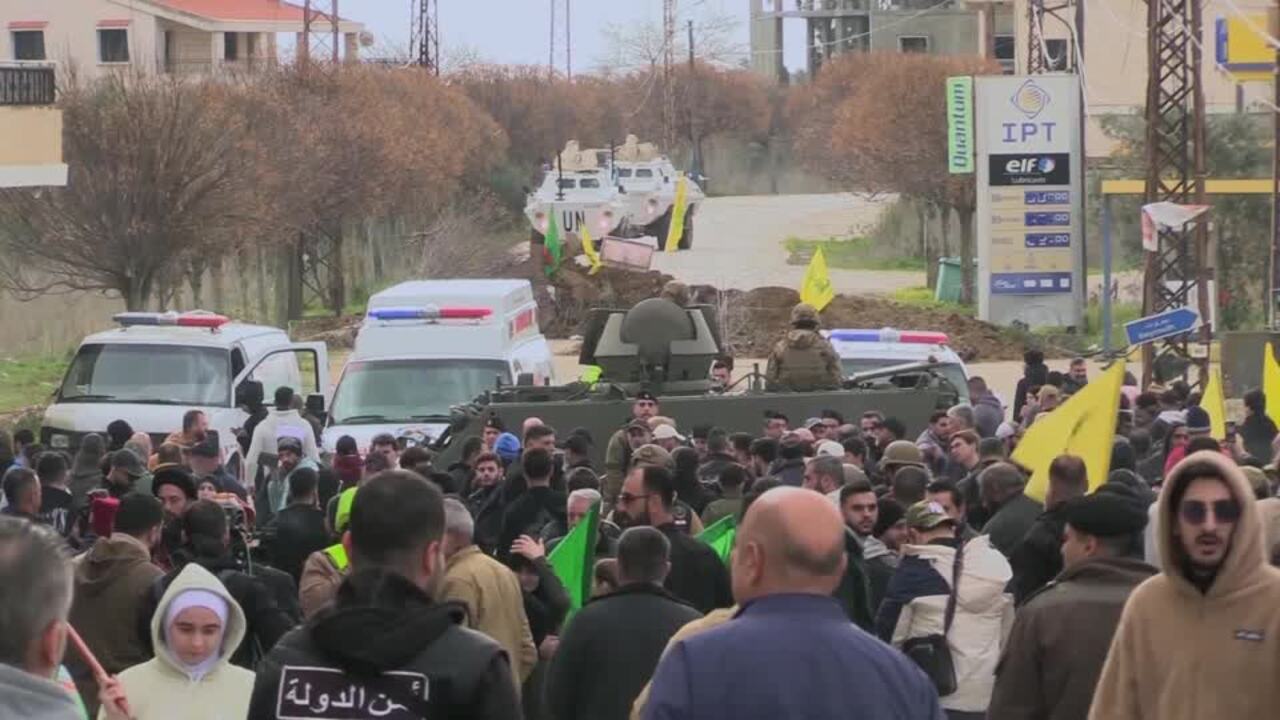
Regional powers that had washed their hands of Lebanon are getting involved again. Saudi Arabia, which says it had invested tens of billions of dollars in the country and backed both Hariri and his father, had conceded defeat to Iran less than a decade ago. Its envoy, Prince Yazid bin Farhan, was instrumental in pushing for the appointments of the new president and prime minister. Saudi Arabia no longer backs Hariri, from whom it is now demanding billions to repay debt, but it is searching to cultivate other Sunni leaders and still funds the main Christian party, the Lebanese Forces, according to local and western officials.
The shadow of Iran still looms, however. On the Hafez al-Assad road leading to the airport, a brightly lit billboard assures commuters: “Iran is by your side, always.” Iran has poured money into Hezbollah since the ceasefire with Israel took effect in November.
One western diplomat estimated that Hezbollah had spent more than $400 million in aid for its Shia constituents whose homes in Beirut and southern Lebanon were destroyed in the war, adding: “Ninety per cent of that came from Iran.” However, the militia would need at least “a billion dollars to stay afloat”, the diplomat said.
The World Bank puts the damage caused by the war at $8.5 billion, a sum Iran will struggle to provide. Hezbollah “no longer have the political capital they had”, the diplomat said. “They don’t have the weight of Iran. They used to represent a regional power that stretched from Iran to Yemen.”
Hezbollah, which also has a political party and is the main representative for Lebanon’s Shia Muslims, has lashed out at suggestions that it is weakened. Its supporters paraded through Christian and Sunni neighbourhoods in Beirut last week in a show of strength, provoking a backlash from opponents.
“They’re telling their partners in the country, ‘Look what we can do. Don’t f*** with us’,” said one Sunni political operative who asked not to be named.
Michael Young, a senior editor at the Malcolm H Kerr Carnegie Middle East Centre in Beirut, said: “They had a panoply of levers that could control everything. They had worked out a system to shape the state around their interests.” Now, he said, the “intimidation factor is gone”.
THE TIMES

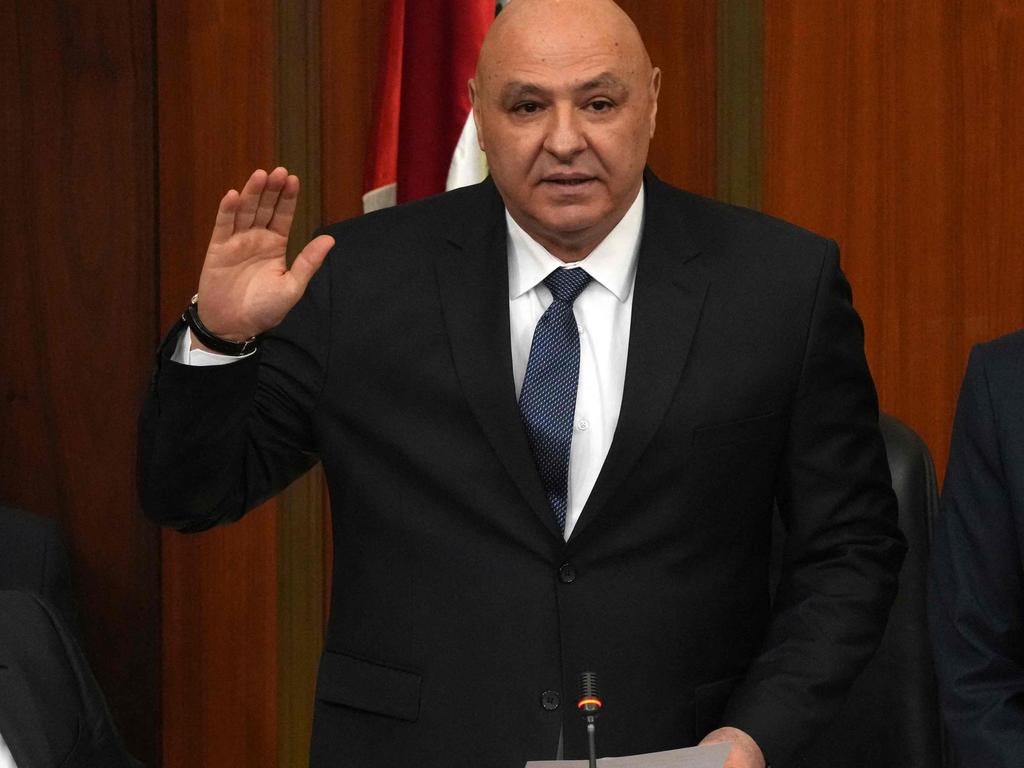
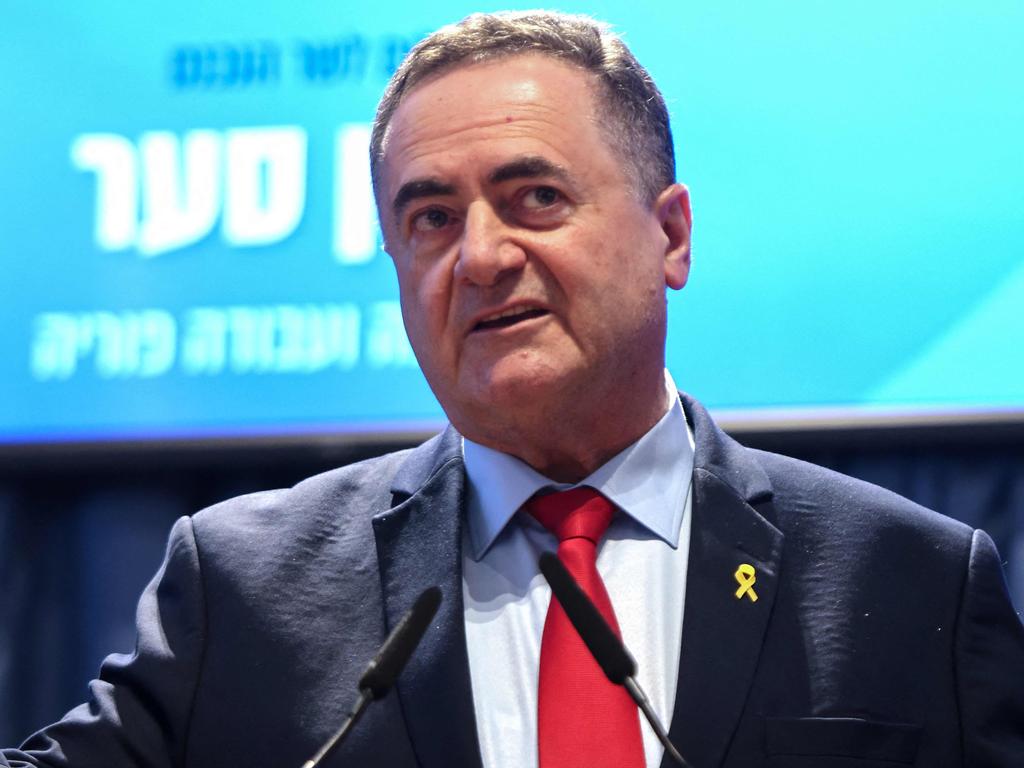

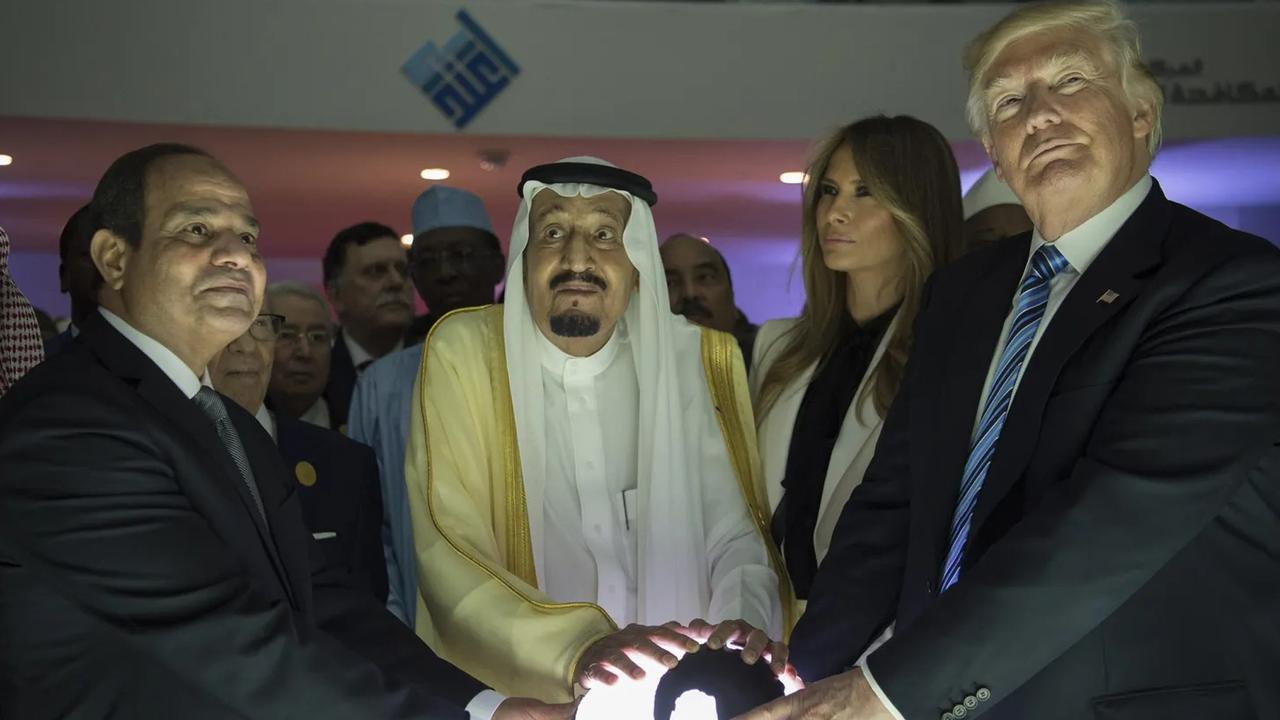
To join the conversation, please log in. Don't have an account? Register
Join the conversation, you are commenting as Logout